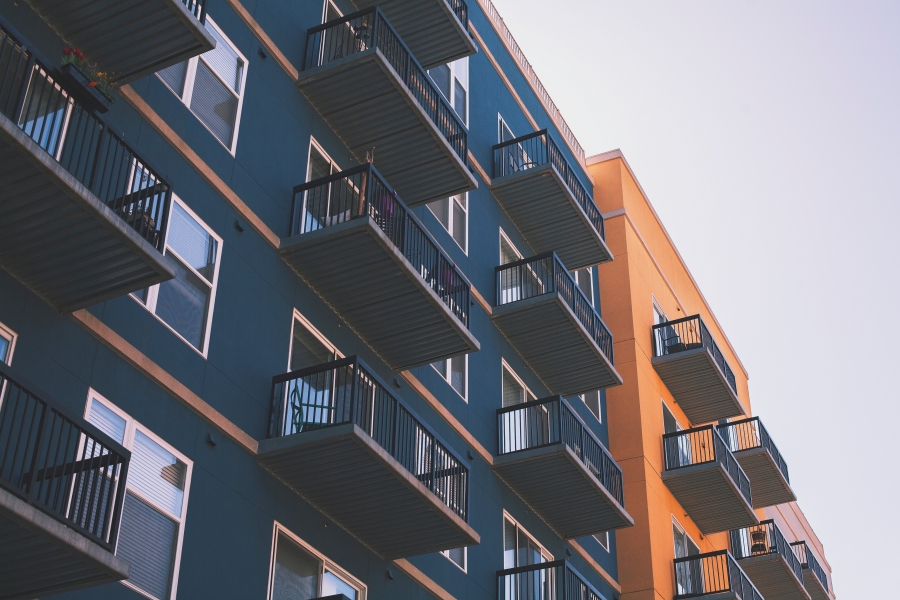According to the Pew Research Center, more U.S. households are renting than at any point in the last 50 years. The homeownership rate of the newest generation (Millennials) to enter adulthood en masse is approximately 8% lower than previous generations. This means that renting a home, as opposed to buying, is on the rise. Here are some key elements to consider when renting a home.
1. Initial steps
Similar to buying a home, it’s better to plan ahead and be prepared before you make the decision to rent. You’ll need plenty of time to find a home, but you’ll also have to time your search to coincide with your move out of your current living situation and into a tenancy. If you have pets, your search might take longer because some rentals may have pet restrictions.
Landlords frequently require background and credit checks as well as security deposits, and sometimes one to two months of rent upfront. You may also be paying for a parking space or a storage unit on site as well as other ground and property maintenance fees if you’re looking to rent in a complex with townhomes, apartments, duplexes and/or condominiums.
The rent and utilities alone may not be the only costs you’ll be shouldering. Be sure you have some room in your rental budget for other cost considerations and that you have the funds and the credit history to be able to get your rental application approved by a landlord or property management company. In addition to checking your finances and assessing your rental budget, you may also need to consider hiring a realtor. A realtor can be helpful if you’re moving to a city that’s unfamiliar to you or if you’re moving to a city with a very tight rental market, such as New York City.
2. Location
There are several things to think about when considering the location. The most obvious factors include the safety of the neighborhood in which you want to rent, the commuting distance to and from work, and the cost of living in the neighborhood you’re researching. In addition to these, there are other subtle factors to consider. For example, if you have a dog, it may be important to have a park that’s within walking distance and is safe to travel to from your home.
Here are some other questions you should consider regarding location:
- How close is the property to a grocery store and/or other convenient shopping outlets?
Is the home located on a side street or on a major busy street?
What are the potential noise issues in the neighborhood?
Are there neighbors close by or is the home isolated?
Even though you may not be able to meet all of your ideal location requirements, you should consider how your current lifestyle fits with the location of the home or apartment you’re considering to rent.
3. The landlord/tenant agreement
Before renting, be sure to read and discuss the lease agreement with the landlord before signing on the dotted line. Carefully consider the terms of the lease.
- Is there any room for negotiation?
Do they allow pets? If so, are there restrictions on breeds, size, weight, additional deposits, or fees (hint: there usually are)?
What is the return policy on the security deposit?
What kind of responsibility does the tenant have in terms of property maintenance and repairs?
Are tenants allowed to decorate? If so, to what extent?
What are the financial terms for the utilities and fees?
If you need to break the lease, what are the consequences?
Are there conditions under which you could break the lease?
Does the lease allow for subletting?
In addition to these questions, you’ll want to discuss the overall financial state of the property with the landlord. Do you need to get renter’s insurance? It might be a good idea if the landlord doesn’t have the best home warranty or if the tenant agreement doesn’t cover any kind of damages.
4. The overall condition of the home
There’s a lot of overlap between renters and buyers when it comes to assessing the condition of a home. Be sure to carefully assess the condition of doors, floors, walls, closets, tub, sinks, tile, cabinetry, overall cleanliness, as well as the layout of the home and the location of power outlets. While outdoors, carefully examine the landscaping and roof, the condition of shrubs, trees, and flower beds, as well as gutters, sidewalks, and parking areas.
If the property is not well cared for and shows heavy wear and tear, you may want to keep looking. Unlike buyers, renters often have to live with the overall condition of the property they rent, as they have limited incentive, permission, and means to improve the property. Tenants can often convince a landlord to make minor improvements, but generally speaking, what you see is what you get in a rental situation.
All in all, plan ahead, prepare, and use a critical eye when assessing a rental situation. Know yourself, your lifestyle, and your needs. Be sure to create a checklist of needs versus wants—this will help you distinguish between what’s a must-have element to your home and what would be nice if it were included. Be sure to plan ahead financially, cleaning up your credit if need be and saving money for moving expenses and security deposits. These factors will help to ensure that you choose the rental property that’s right for you.








